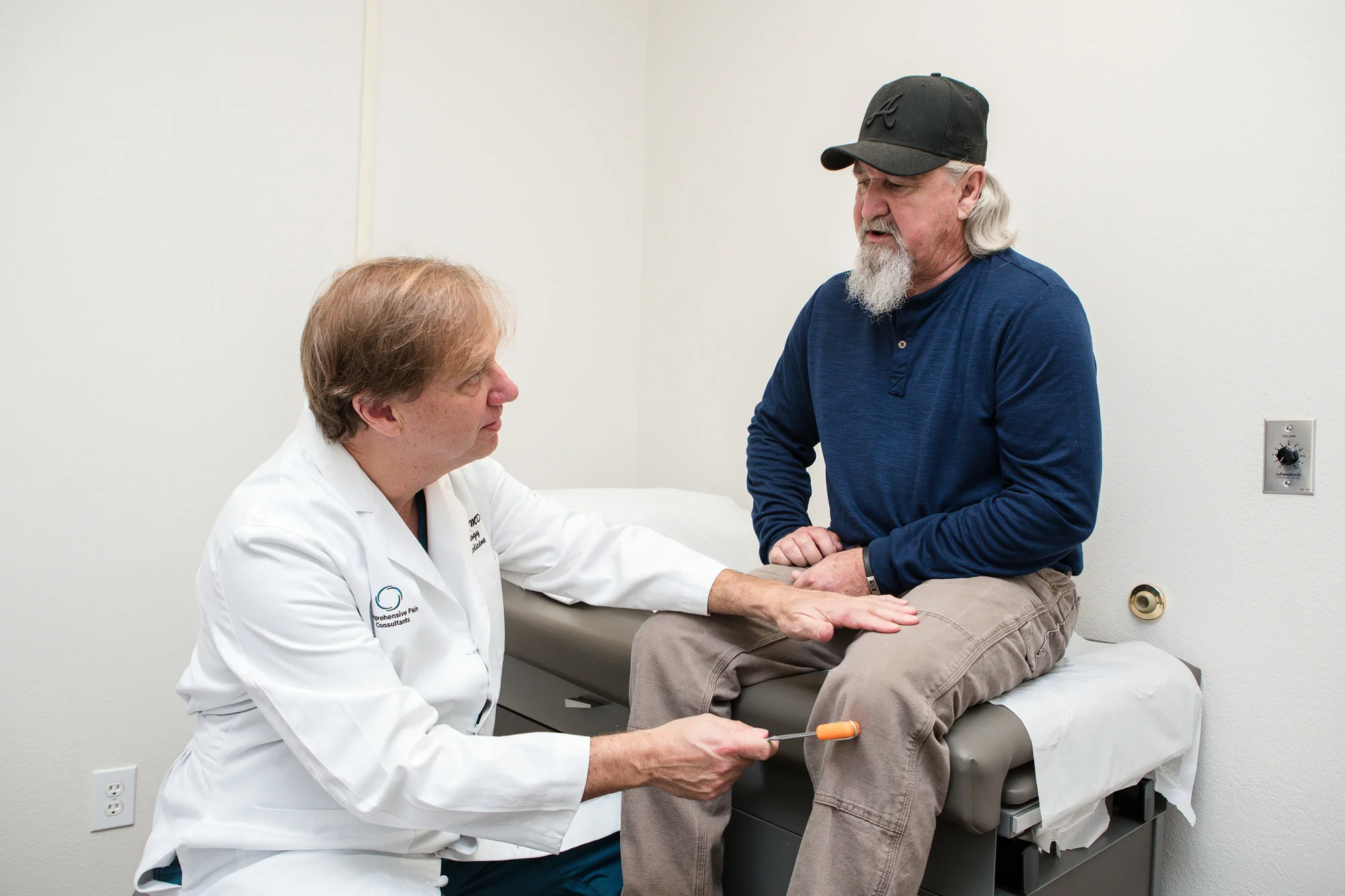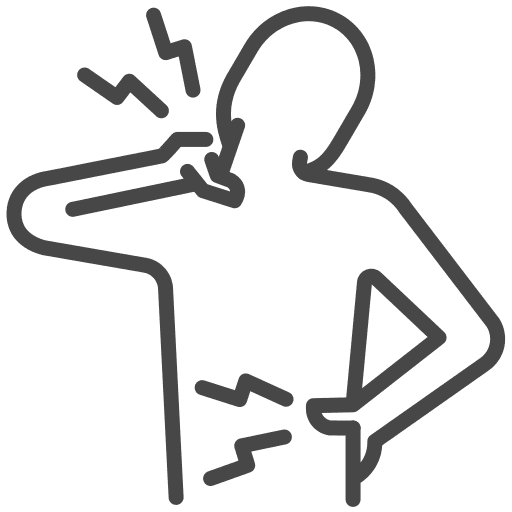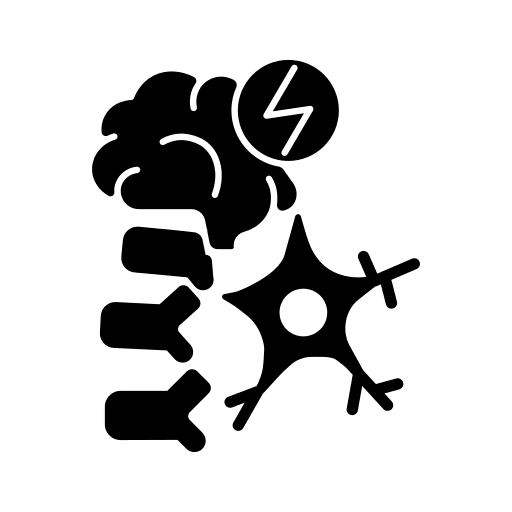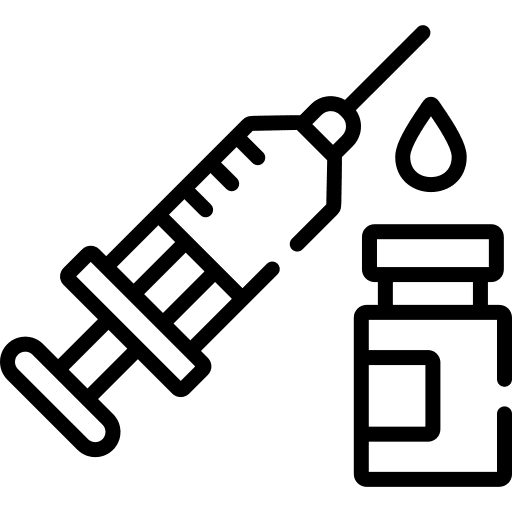
In recent decades, opioids have been overprescribed by doctors, leading to a huge increase in dependency and deaths. There are millions of Americans currently being treated with prescription opioids for chronic pain.
The pain management doctors at Comprehensive Pain Consultants of the Carolinas believe you should be aware of the side-effects of all medications. We take the prescription process very seriously and encourage you to, as well. To that end, we have put together a short guide to understanding the side effects of opioid medication.
What are Prescription Opioids?
Opioids are a class of drug (narcotic) which are found naturally in the opium poppy plant. While some medications are made directly from the plant, others are produced in labs using the same chemical structure.
Common Prescription Opioids:
-
Hydrocodone (Vicodin)
-
Oxycodone (OxyContin & Percocet)
-
Codeine
-
Morphine (Kadian & Avinza)
-
Fentanyl
These drugs are sometimes prescribed to relieve pain because they contain chemicals that have a relaxing effect on the body. Along with the relaxation properties, opioids can also cause a euphoric effect which is why they are sometimes used for non-medical reasons.
Opioid Misuse
Prescription opioids can be used safely to treat pain when taken as prescribed and ideally only for a short period of time. Unfortunately, there are many ways patients can misuse opioid medication, which can result in serious—even life-altering—problems.
-
Taking medication in the wrong dose
-
Taking someone else’s prescription medication or giving your medication to others.
-
Taking the mediation with the goal of getting a “high” or “euphoric” effect
For more medication resources, check out this article all about understanding pain medications and how to take them safely!
Side Effects of Opioid Medication
The side effects of prescription opioids have been well studied. When used correctly, these side effects can be managed effectively with changes to your diet and lifestyle. Most common side effects of pain medications can be traced back to other underlying conditions. For this reason, it’s important your pain management team be taking an interdisciplinary approach to treating your chronic pain condition. Here are the most common short-term opioid medication side effects:
-
Constipation (this is the most common side effect)
-
Nausea and vomiting
-
Drowsiness
-
Slowed breathing
If opioids are used for a long period of time, the chances of addiction and/or dependency increases. Please inform your doctor if you have a history of opioid addiction so that alternative methods can be presented whenever necessary.
What to Know
For most people, taking prescription opioids as prescribed by your pain doctor for a short period of time is safe and can reduce your pain dramatically. Our pain management doctors in Asheville will always take the time to discuss prescription medications with you. Here are a few questions we recommend discussing with your pain doctor before taking opioids:
-
Why do I need this medication?
-
What are the side effects and how can I manage them?
-
Are there alternative treatments?
-
How long should I take this medication, and does it require a weaning process to come off it safely?
-
What if there is a history of addiction in my family or I’ve struggled with addiction?
Treating Pain Safely – Pain Management in Asheville
As our patient, we care about making sure you have access to care that’s focused on helping you live a full, healthy life. To that end, we are committed to diligently finding the very best ways to treat you and your pain. We don’t just look for a quick fix; we want to offer you a quality solution.
Get in touch with us by calling 828-483-4438
Disclaimer: The information contained in this article does not constitute medical advice, nor does reading or accessing this information create a patient-provider relationship. Comments that you post will be shared with all visitors to this page. All comments are not governed by HIPAA and you should not post any private health information.











